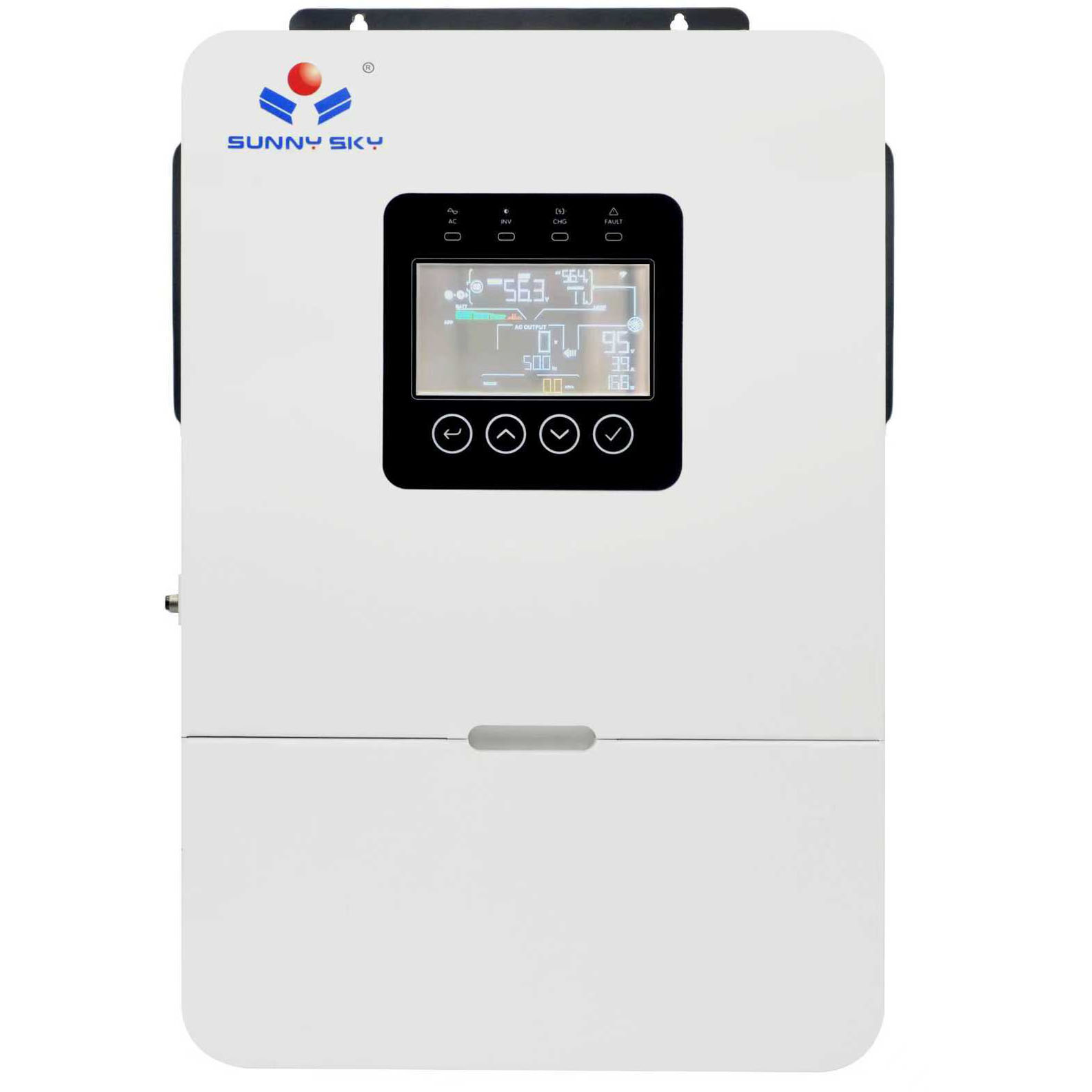MPPT solar charge controller is a vital component in modern solar energy systems, optimizing the conversion of sunlight into usable electricity. This technology ensures that solar panels operate at their highest efficiency by continuously adjusting to the varying conditions of sunlight and temperature, thereby maximizing energy harvest.

Understanding Solar Charge Controller Types
Solar charge controller types include MPPT and PWM variants, each serving distinct roles in photovoltaic systems. MPPT controllers, such as the one highlighted in our product info, use advanced algorithms to track the maximum power point, converting excess voltage into amperage for better energy yield. In contrast, PWM controllers are simpler and less efficient, making them suitable only for smaller setups. When selecting a controller, factors like system size and environmental conditions play a crucial role, as MPPT options excel in renewable energy solutions by reducing losses and enhancing overall performance.
The Role of Maximum Power Point Tracking in Solar Energy Conversion
Maximum power point tracking is a core feature that differentiates high-efficiency controllers from basic models. This process involves real-time monitoring of the solar array's output to maintain optimal voltage and current levels, which is essential for solar battery charging in off-grid solar systems. By employing sophisticated electronics, an MPPT solar charge controller can achieve up to 99% efficiency, as mentioned in the product details, minimizing energy waste and extending battery life. Technical specifications, such as current ranges from 40A to 120A, allow for scalable designs that adapt to varying power needs, making it ideal for both residential and commercial applications.
Comparing MPPT and PWM Controllers in Battery Management Systems
MPPT vs PWM controllers is a common debate in the realm of photovoltaic systems, with MPPT offering superior advantages in energy conversion and battery management systems. While PWM controllers simply switch on and off to regulate charging, MPPT actively adjusts to environmental variables, providing faster and more efficient solar battery charging. This leads to significant improvements in renewable energy solutions, particularly in off-grid setups where reliability is key. For instance, the product's protection functions guard against overcharging and short-circuiting, ensuring the longevity of batteries. Real-time monitoring via LED and LCD interfaces further enhances user control, allowing for adjustments in charging modes to prioritize either rapid charging or extended battery health.
Applications in Off-Grid Solar Systems and Beyond
Off-grid solar systems greatly benefit from the integration of MPPT technology, as it optimizes solar energy conversion for remote or independent power needs. These systems often incorporate MPPT controllers to handle fluctuations in sunlight, ensuring consistent power delivery to essential loads. The versatility of such controllers, supporting parallel connections and various charging modes, makes them adaptable for expanding setups. In professional environments, the robust build quality withstands harsh conditions, contributing to a greener planet by maximizing energy savings. Overall, investing in an MPPT solar charge controller not only boosts system efficiency but also aligns with sustainable practices, making it a smart choice for future-proof energy management.







